

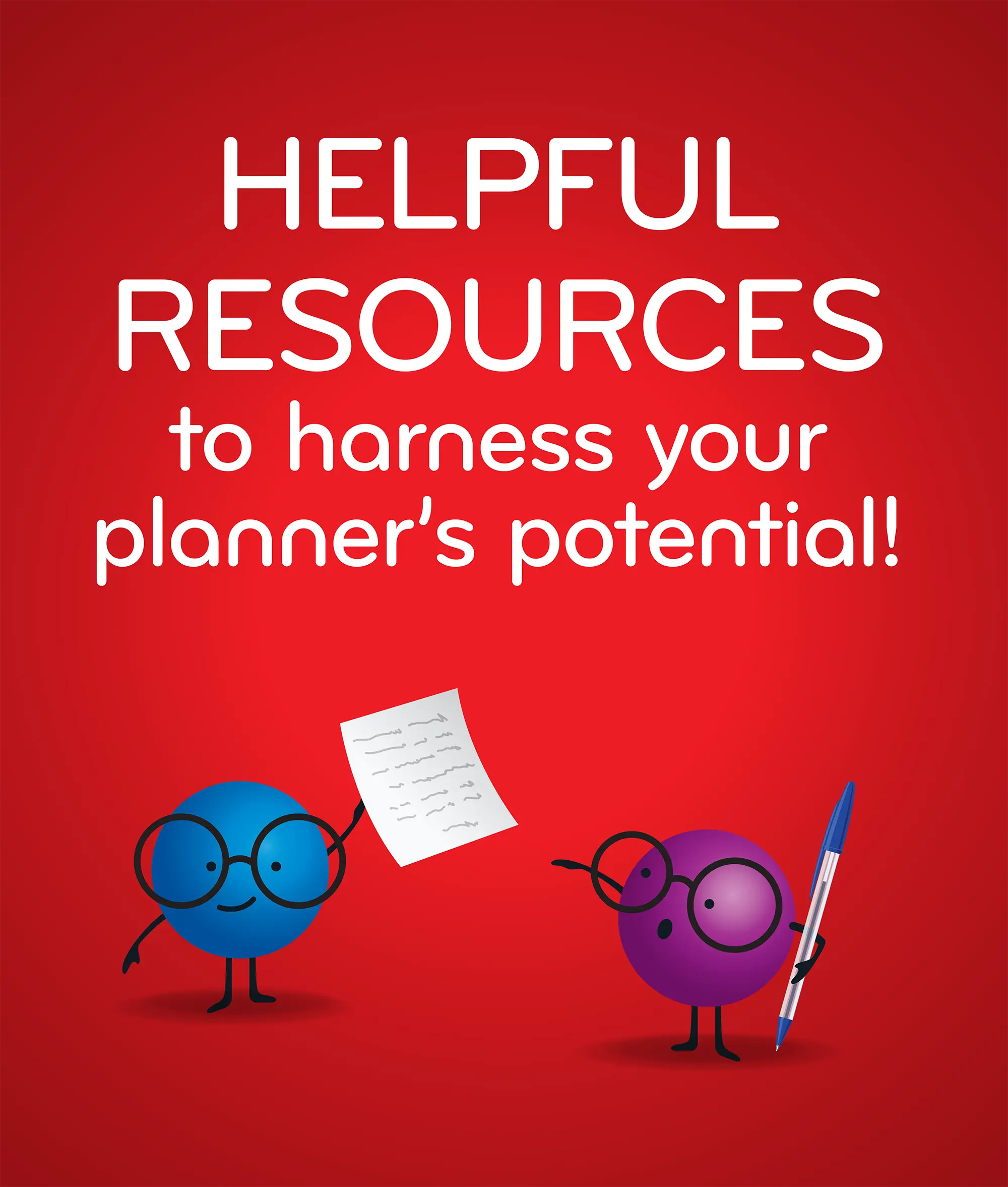
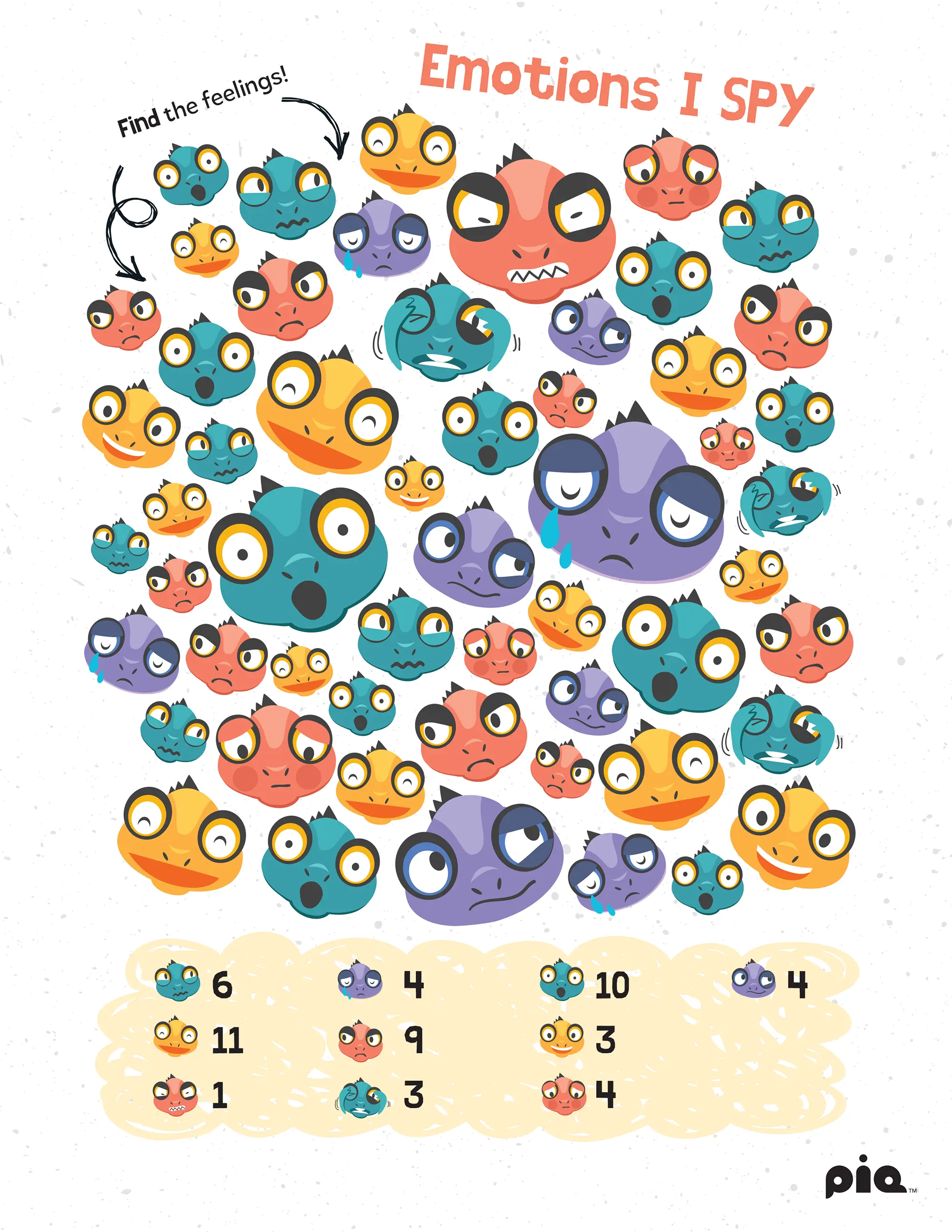
Unlock a world of feelings with our “Emotions I SPY” activity sheet! This engaging and colourful worksheet is designed to help children recognize and understand different emotions through a fun and interactive “I SPY” game. Perfect for parents, teachers, and counselors, this free download is an excellent tool for promoting emotional awareness and social-emotional learning in kids.
Download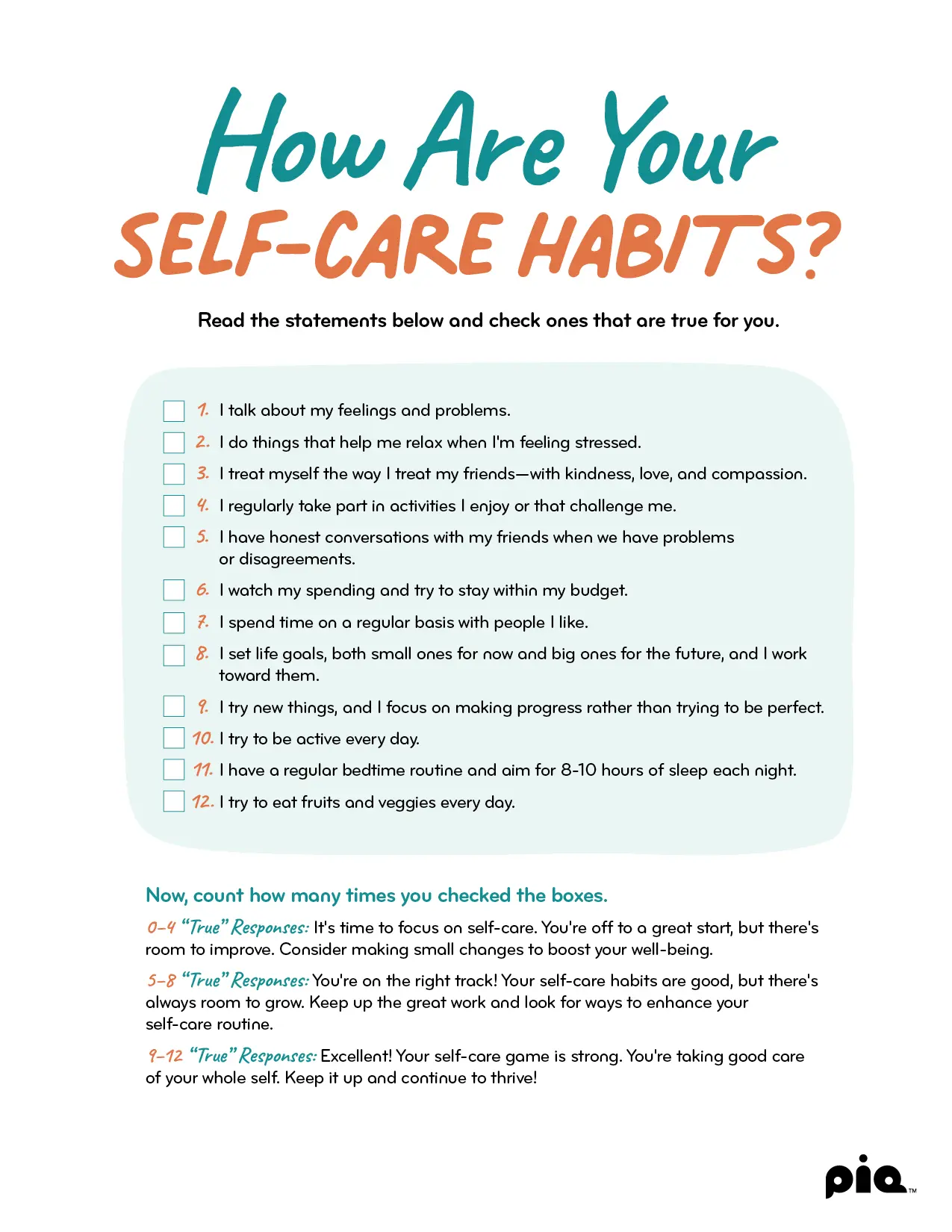
Take a moment to reflect on your self-care practices with our “How Are Your Self-Care Habits?” checklist. This free, easy-to-use worksheet helps you evaluate and improve your self-care routines by identifying areas that may need more attention. Whether you’re just starting your self-care journey or looking to enhance your existing habits, this tool is perfect for anyone aiming to boost their overall well-being.
Download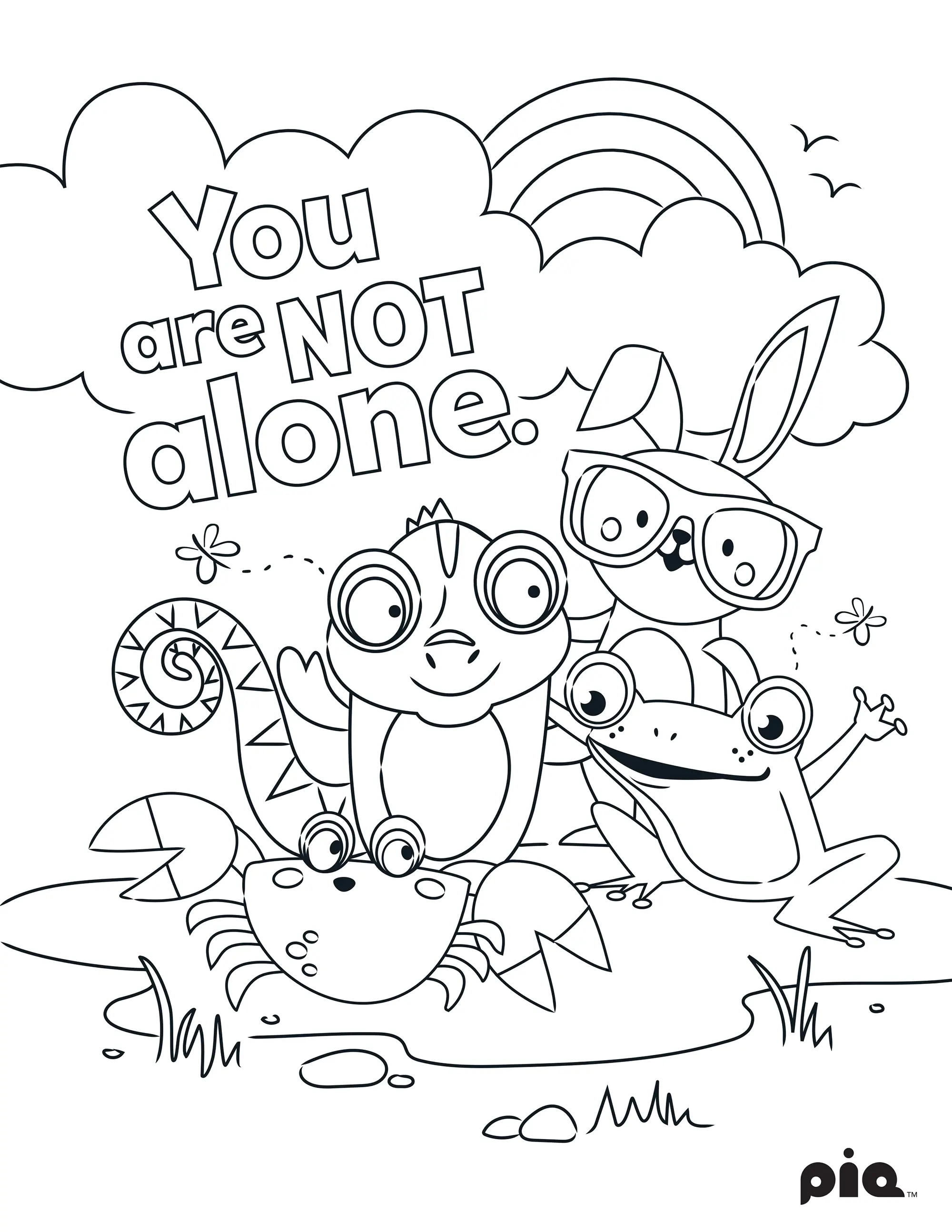
Brighten your child’s day with our uplifting “You Are NOT Alone” colouring page! Featuring adorable characters and a positive message, this free downloadable colouring sheet is perfect for encouraging creativity and emotional support. Ideal for use by parents, teachers, and caregivers, this activity can help spark important conversations about friendship and emotional well-being.
Download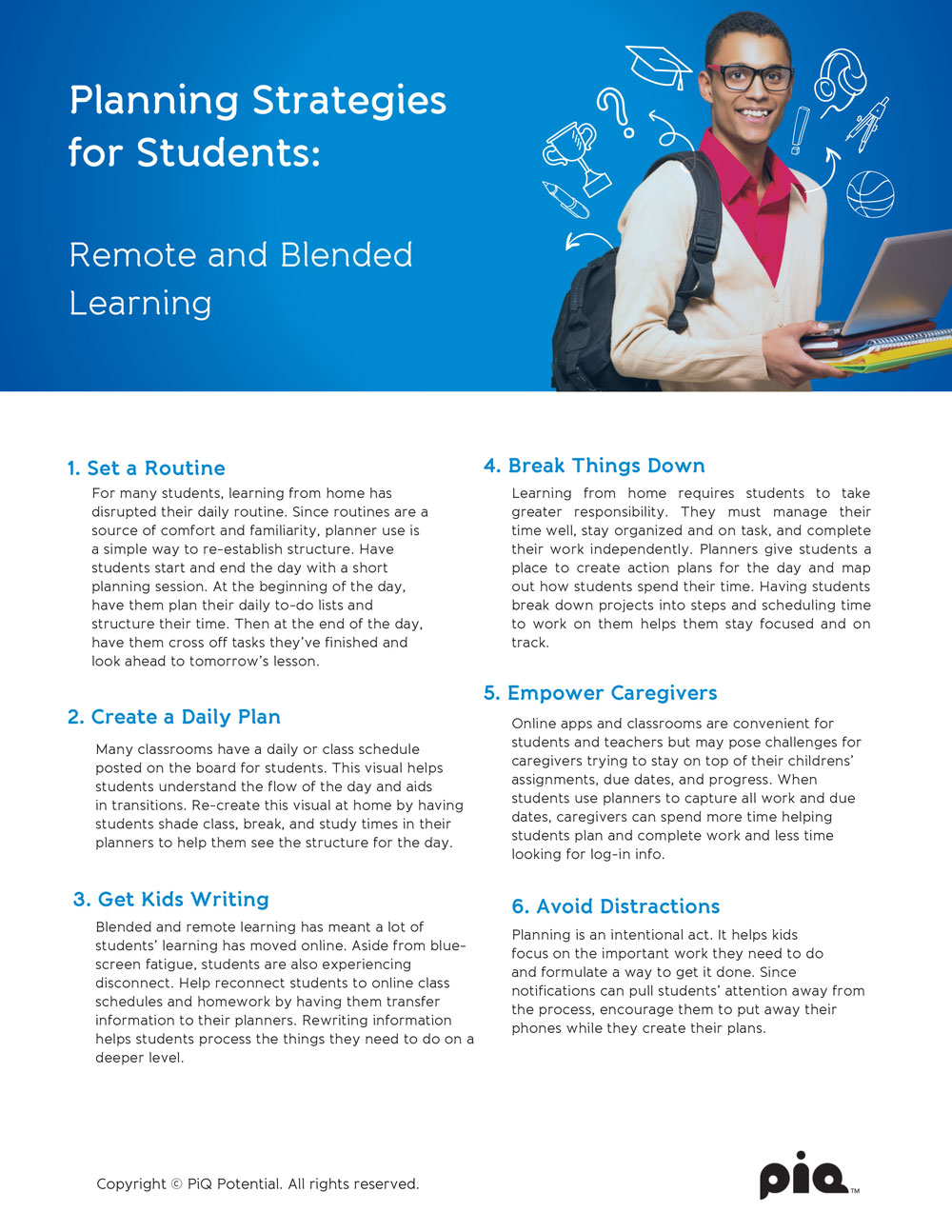
For many students, learning from home has disrupted their daily routine. Since routines are a source of comfort and familiarity, planner use is a simple way to re-establish structure.
View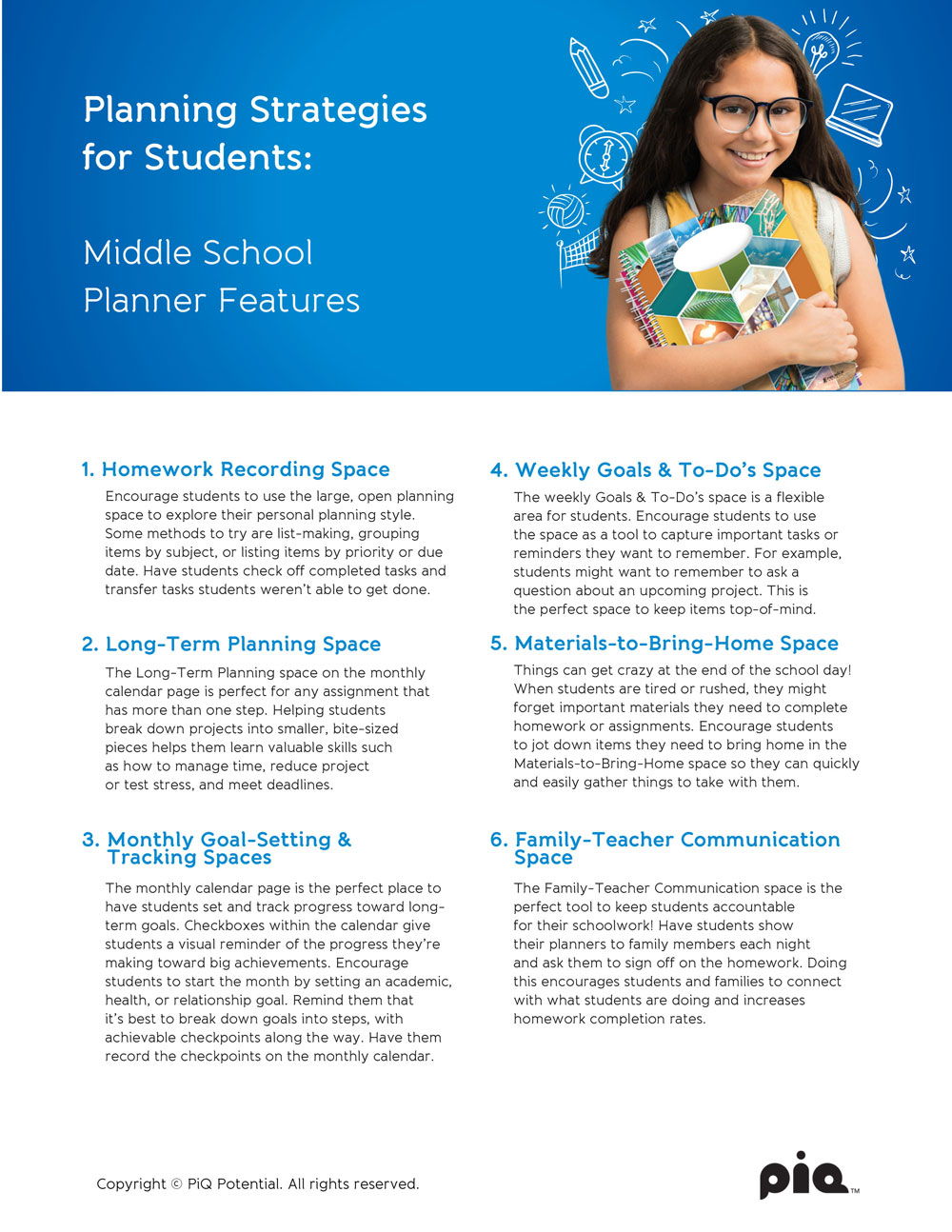
Encourage students to use the large, open planning space to explore their personal planning style. Some methods to try are list-making, grouping items by subject, or listing items by priority or due date.
View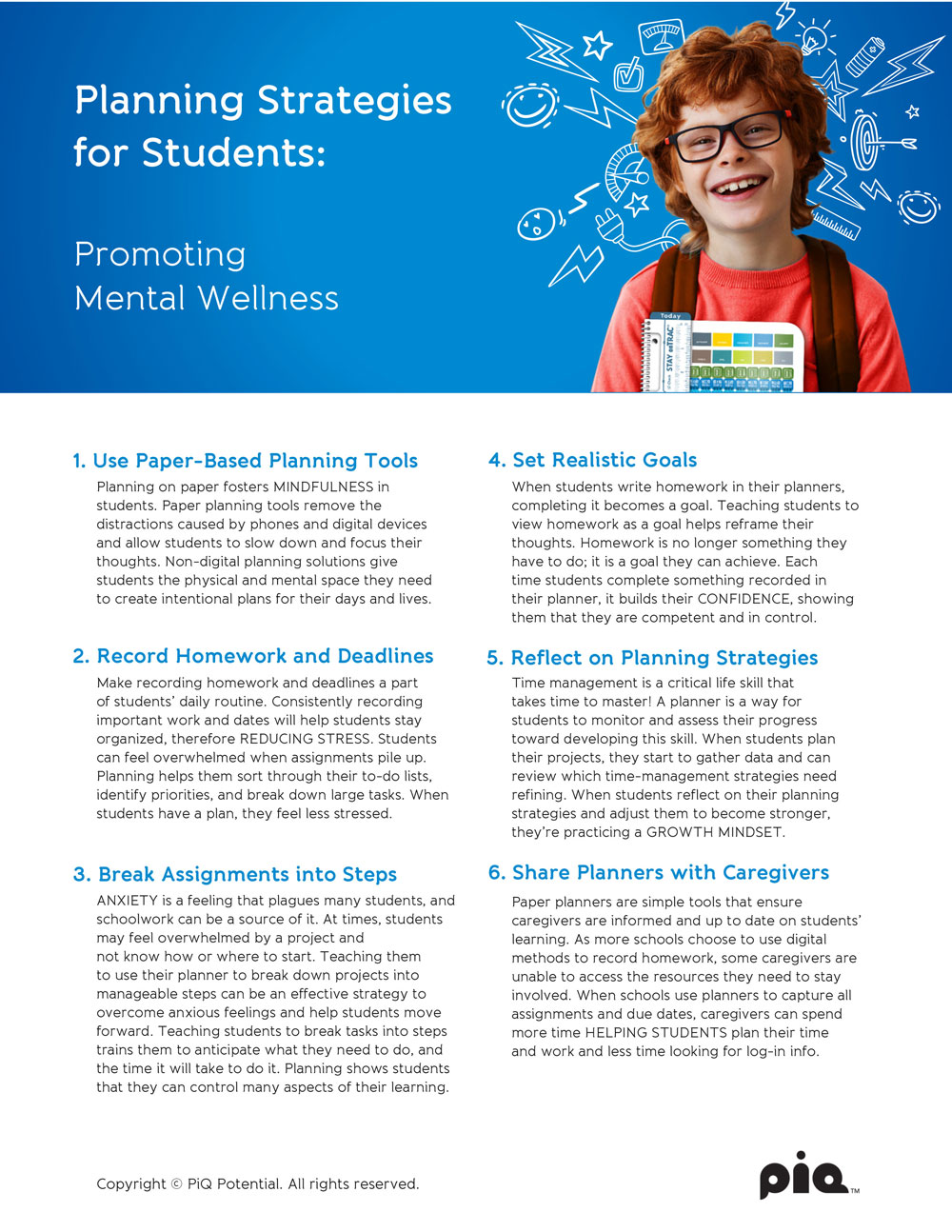
Planning on paper fosters mindfulness in students. Paper planning tools remove the distractions caused by phones and digital devices and allow students to slow down and focus their thoughts.
View
Feeling the October slowdown? Discover simple ways to refresh classroom energy, re-engage students, and beat the mid-semester slump—with practical tips for both educators and learners.
Read More
Discover how building healthy routines can help both students and teachers thrive this school year. From planning tips to wellness strategies, this article offers a fresh start for September.
Read More
Burnout, safety, workload—discover why Canadian teachers are leaving the profession and what schools can do to better support and retain their educators.
Read More
Reclaim your summer with simple, meaningful self-care practices designed to help Canadian educators rest, recharge, and return to the classroom with renewed energy.
Read More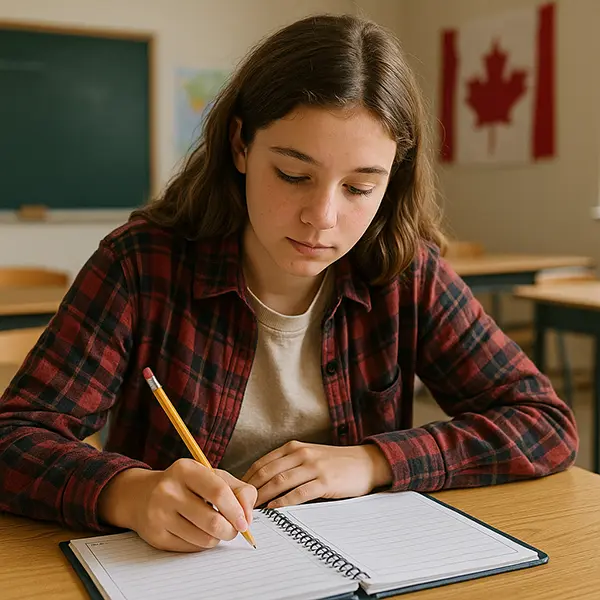
Explore creative end-of-year reflection ideas for every grade level to help students celebrate their growth. A meaningful way to boost confidence, self-awareness, and motivation before heading into summer.
Read More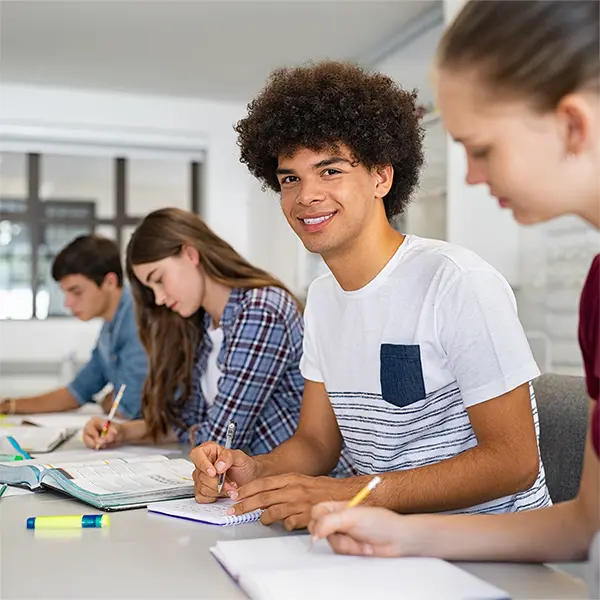
Discover how the right planner can transform Canadian classrooms, build lifelong skills, and empower every student to reach their full potential with PiQ’s authentically crafted agendas.
Read More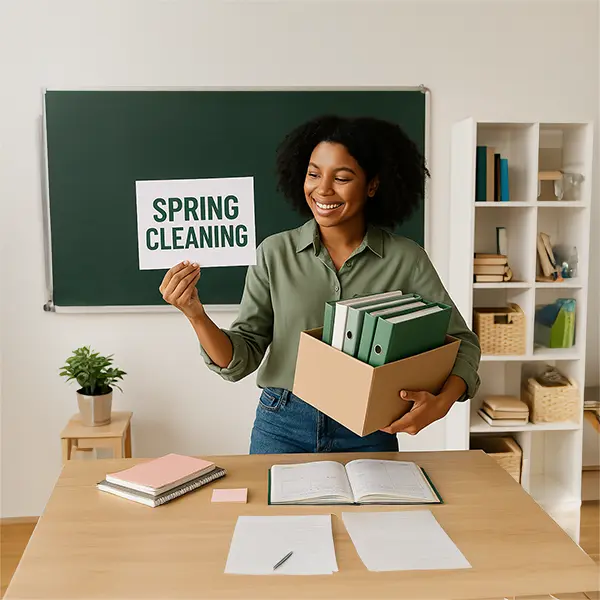
This blog explores how Canadian teachers can refresh their classrooms and clear mental clutter with practical spring cleaning tips that support organization, wellness, and a strong finish to the school year.
Read More
Strong parent-teacher communication fosters student engagement and academic growth. Discover strategies to build meaningful connections, encourage parental involvement, and create a supportive learning environment for every child.
Read More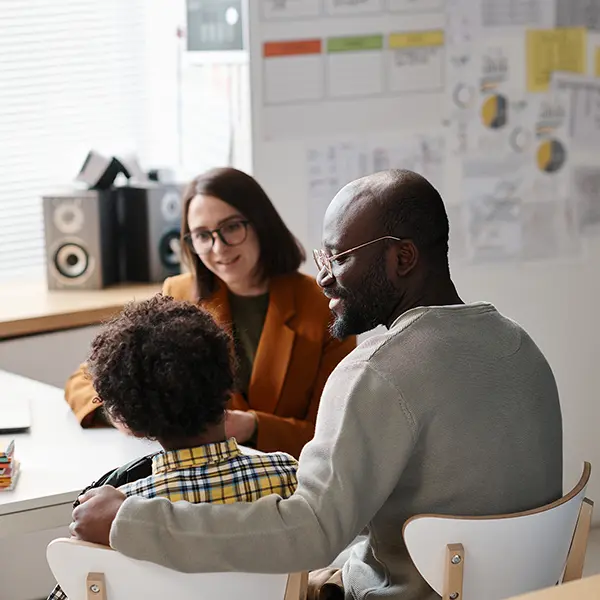
Discover how student planners can bridge the communication gap between educators and families, fostering stronger partnerships for student success. Explore common challenges, practical solutions, and the transformative impact of consistent, structured communication on engagement, trust, and academic achievement.
Read More
Learn about the importance of mindfulness for educators, offering five practical strategies—morning intentions, breathing breaks, mindful listening, smooth transitions, and gratitude—to reduce stress, enhance focus, and improve well-being in the classroom.
Read More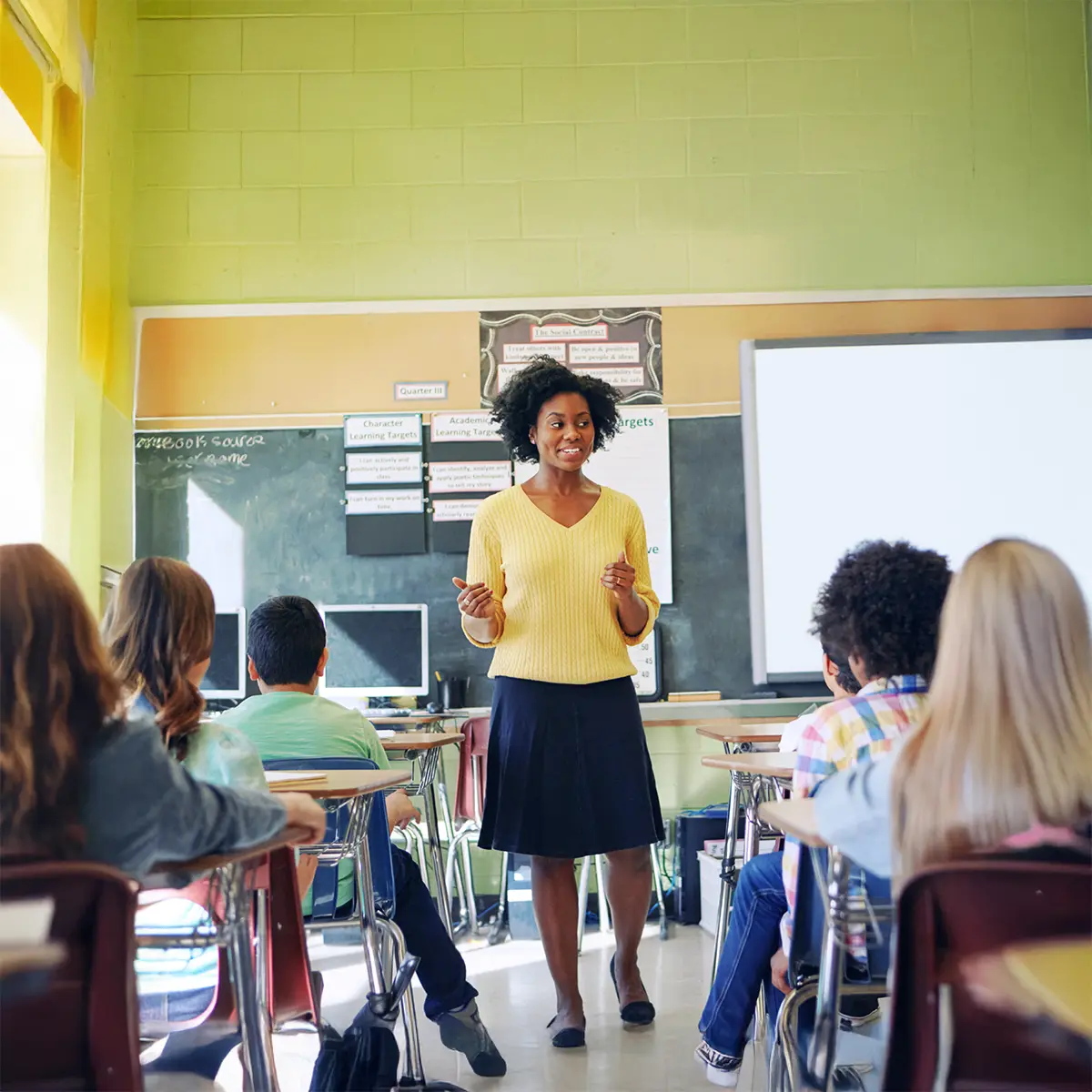
Explore practical classroom management tips tailored for every age group, highlighting the role of student planners in building routines, fostering independence, and enhancing a focused learning environment.
Read More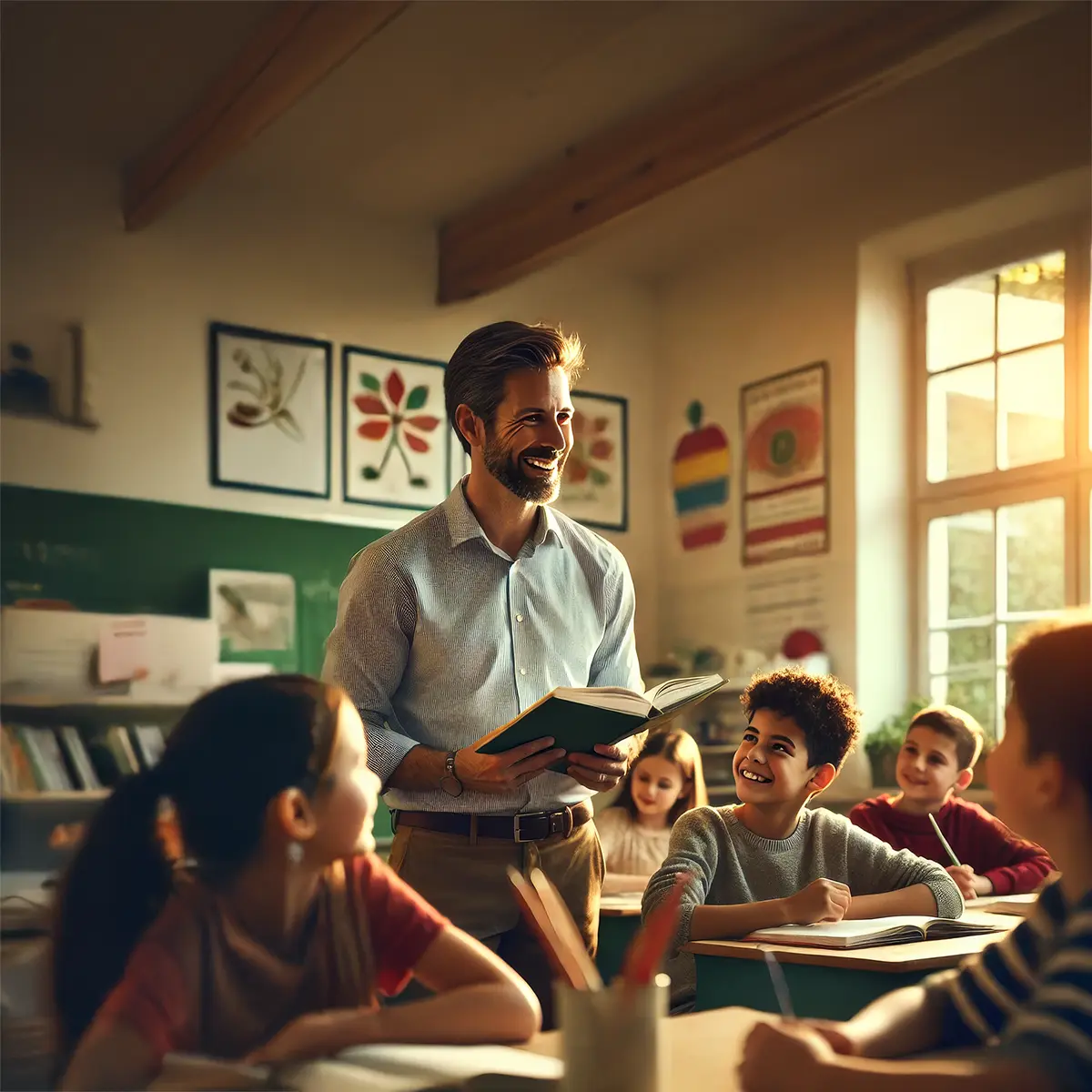
Discover how planners help students build essential life skills—time management, adaptability, and self-awareness—preparing them for future challenges by fostering independence, organization, and personal growth.
Read More
Explore how cellphone bans in Canadian classrooms can enhance student focus, teaching essential skills like time management, prioritization, and mindfulness, ultimately fostering a more engaged and productive learning environment.
Read More
Discover how Canadian schools are enhancing student focus and well-being by implementing cell phone restrictions for the 2024 school year.
Read More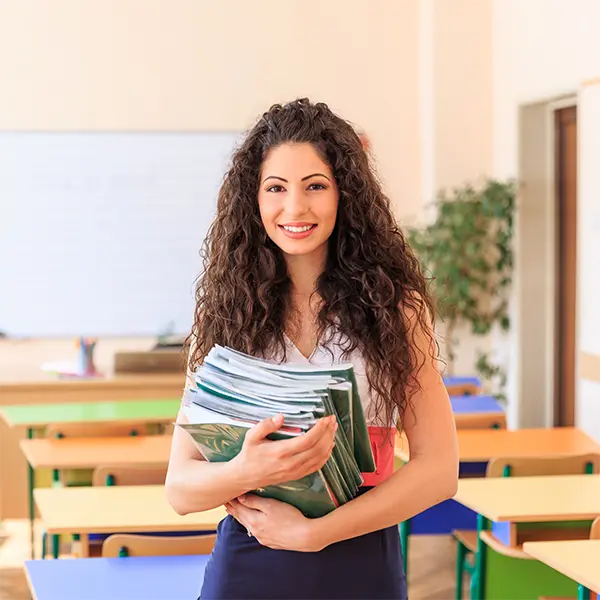
Explore the transformative power of self-reflection for educators, highlighting its role in professional growth, improved teaching strategies, and enhanced mental wellness. Learn how critical and in-practice reflection can lead to a more positive and effective teaching environment.
Read More
Discover how to recharge this summer with essential self-care strategies for Canadian educators. Learn practical tips to combat burnout, embrace mindfulness, and reconnect with your passions. Prioritize your well-being and return to the classroom refreshed and energized. Don't miss out—read the full article now!
Read More
Unlock the transformative potential of the word "yet" and embrace growth mindset strategies to foster resilience, motivation, and continuous learning among both educators and students, creating an environment where challenges become opportunities for growth and success.
Read More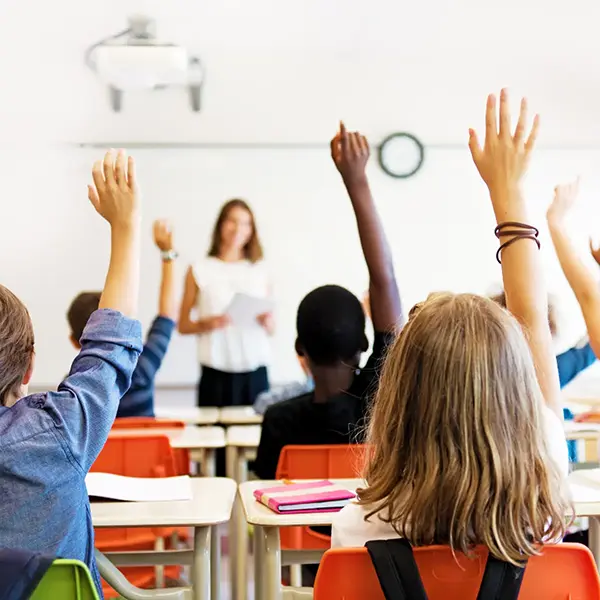
This article delves into the challenges students encounter in our ever-evolving digital world. From managing distractions to maintaining productivity, it provides practical tips and strategies for educators to assist their students. By prioritizing, leveraging productivity tools, and nurturing self-awareness, educators can enable students to thrive academically in the digital era with confidence.
Read More
Unlock the secrets to fostering student well-being in today's fast-paced world: educators and parents are joining forces to tackle the critical issue of mental wellness, realizing its profound impact on academic success and overall happiness.
Read More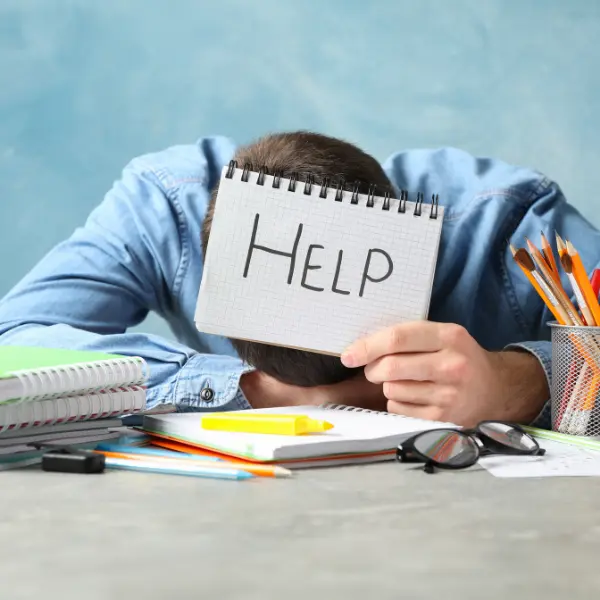
As educators, we understand students' struggles with digital distractions. We're here to help them stay focused and productive. By teaching prioritization, tackling big challenges first, embracing productivity tools, finding distraction-free environments, and encouraging self-awareness, we equip students with essential skills for success. With empathy and understanding, we guide them towards achieving their academic goals in today's digital age.
Read More
Embark on conquering procrastination with our latest article, "Empowering Students: Strategies for Tackling Procrastination." As we usher in the new year, equip students with tools to overcome this challenge. Discover effective strategies, from setting clear goals to leveraging time blocking. Learn how to prioritize with purpose and instill a growth mindset to combat the fear of imperfection.
Read More
Underscore the vital role of effective parent-teacher communication in fostering student achievement. Recognizing the challenges educators face in communicating with parents due to factors like scheduling conflicts and language barriers, the post emphasizes the transformative impact of collaborative efforts between parents, families, and school staff on students' learning, development, and health.
Read More
Unearth the secret to a stress-free teaching experience with PiQ's innovative strategies on educator wellness, time management, and goal setting, creating a rewarding path that boosts efficiency, fosters student engagement, and empowers you to prioritize, delegate, and reach your full potential in a balanced, fulfilling environment.
Read More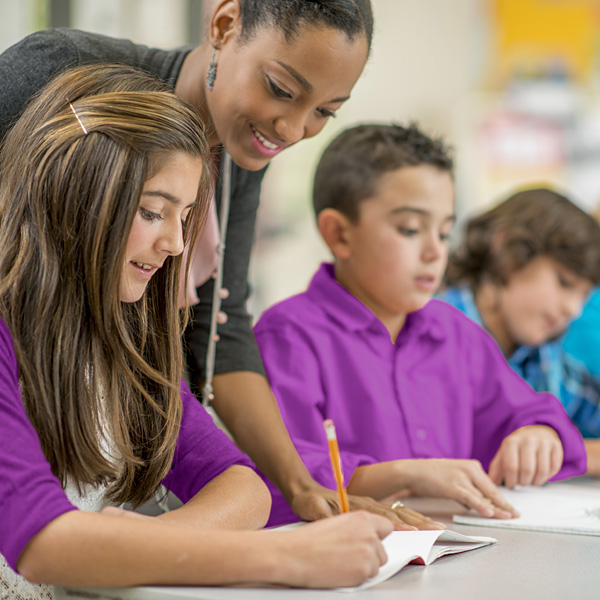
Student planners are powerful tools that develop important life skills. This article shares the benefits students, teachers, and families experience when they embrace the use of planners.
Read More